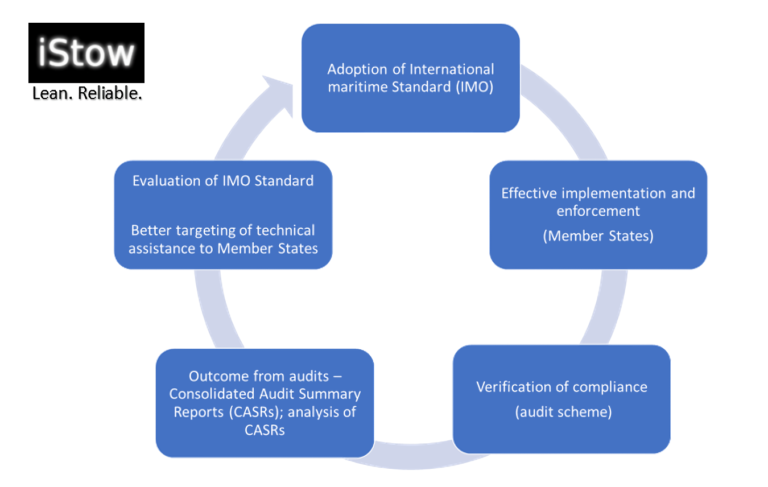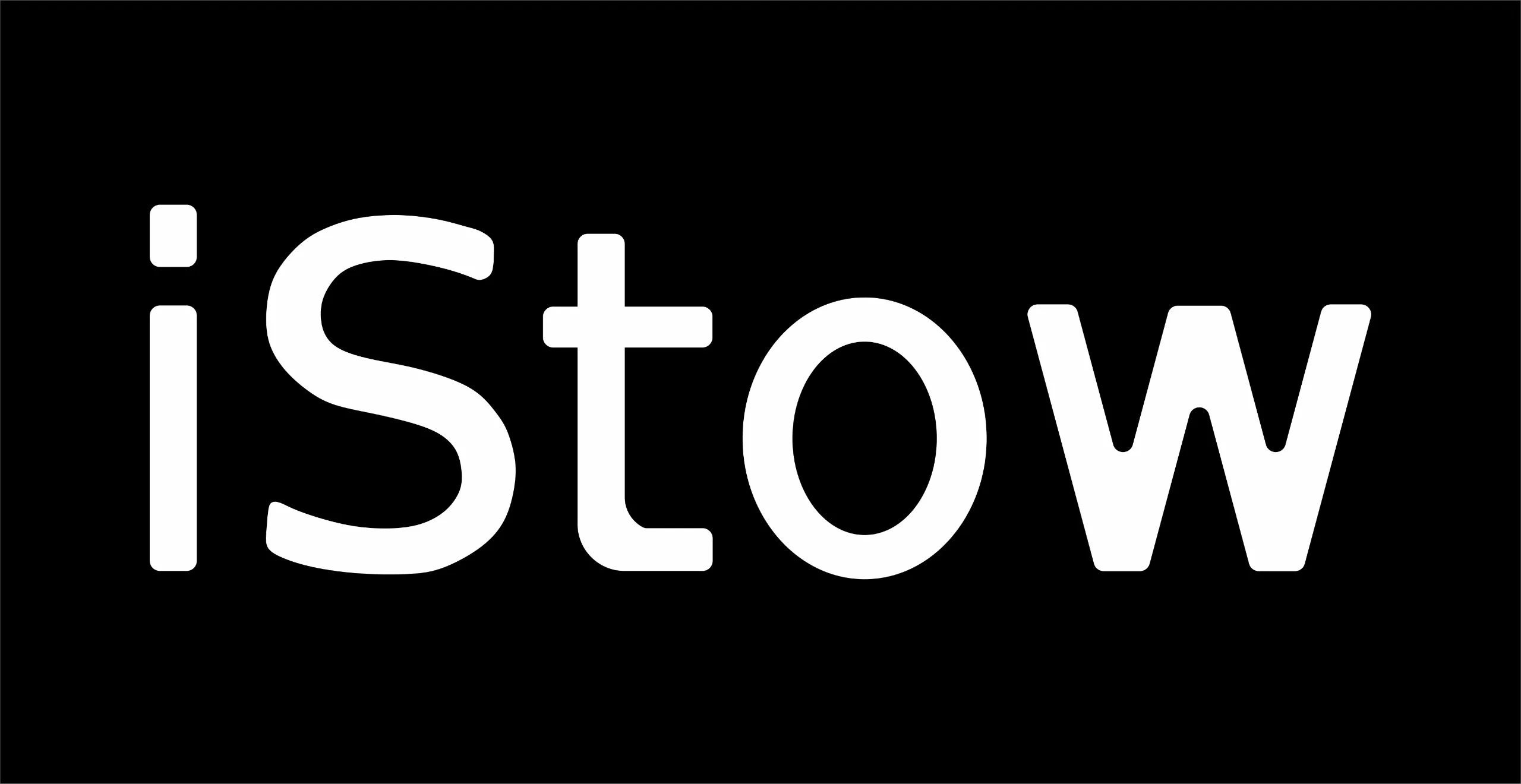IMO Member State Audit Scheme (IMSAS) is Conducted for Indonesia in the Year 2023
The efforts we made before, during, and after a voyage have an impact on how a ship can safely navigate its journey. Ship safety is a crucial aspect that cannot be underestimated in every phase of a voyage. For Indonesia, the year 2023 will be different from previous years. Indonesia, as a member of the International Maritime Organization (IMO), will face the IMO Member State Audit Scheme (IMSAS).
What is IMSAS? When will be implemented?
IMSAS audit is conducted to examine the implementation of international maritime laws issued by IMO to ensure their effective and productive application in all member countries. Indonesia has ratified IMO rules on Safety of Life at Sea (SOLAS) and Maritime Pollution (MARPOL). Therefore, Indonesia is obligated to implement or carry out instruments of the International Maritime Organization (IMO) related to maritime safety and protection of the marine environment. Initially scheduled for 2022, the audit for Indonesia has been postponed and will now be conducted in the year 2023.
What is Examined?
What will be examined in IMSAS 2023? Some scopes of the audit in IMSAS include administration, legal, and technical areas with details as follows:
- General.
- IMO Mandatory instrument.
- Obligations and responsibilities.
- Areas covered by the Scheme.
- Jurisdiction.
- Organization and Authorities.
- Legislation, rules, and regulations.
- Promulgation and IMO Mandatory instrument along with IMO mandatory rules and regulations.
- Enforcement Arrangements.
- Control, survey, inspection, audit, verification, approval, and certification functions.
- Selection, authorization, empowerment, and monitoring by RO regarding compliance criteria, and nominated surveyors.
- Investigations must be reported to IMO; and
- Reporting to IMO and other organizations governing its administration.
(IMO, 2013a, sub-clause 7.4).

IMO Member State Audit Scheme (IMSAS).
IMO has regulations known as IMO Instruments, which serve as guidelines for all member countries and are mandatory for implementation. In the IMSAS audit, the application of IMO Instruments will be one of the points examined. Mandatory IMO Instruments listed in the audit include SOLAS 1974, SOLAS PROTOCOL 1988, MARPOL 73/78, MARPOL PROTOCOL 1997, STCW 1978, LOAD LINES 1966 (LL66), LL 66 PROT 1988 TONNAGE 1969, COLREG 1972, and Resolution a.1141(31) in 2019, which indicates a Non-Exhaustive List regarding the obligations of member states related to IMO instruments relevant to the IMO Instrument Implementation Code.
Who is Involved?
Considering the complexity of the audit conducted by IMO and the numerous agencies involved, there are many preparations to be made. Cooperation from various parties is crucial, especially from those playing a key role in ensuring compliance with rules and norms in the maritime sector, such as IMO, the Government, Recognized Organizations (RO), Shipping Companies, and Ship Crew. By making IMSAS mandatory, Indonesia demonstrates a serious commitment to implementing various IMO provisions in maintaining maritime safety and security and protecting the maritime environment in accordance with international standards.
What Are the Consequences?
Mandatory IMSAS has consequences that are considered severe for IMO member countries. For domestic ships that do not meet safety standards as specified in IMSAS, these ships will not be allowed to sail to countries that have ratified IMSAS. Conversely, Indonesia has the right to refuse foreign-flagged ships, especially those from IMSAS ratifying countries, from entering national waters if those foreign ships do not comply with IMSAS.
You can also read this article on LinkedIn. Baca artikel ini dalam Bahasa Indonesia.
